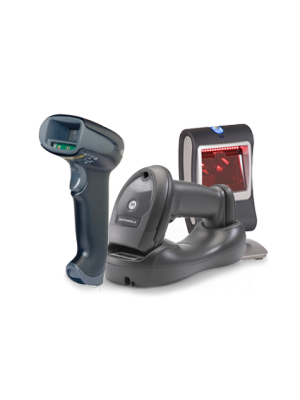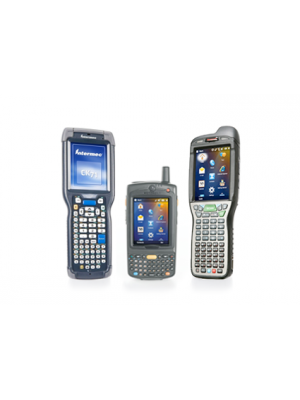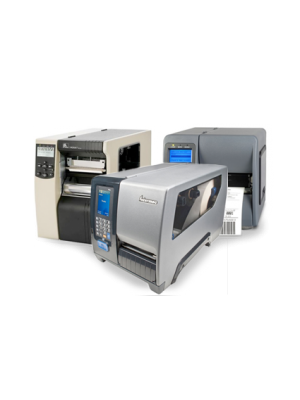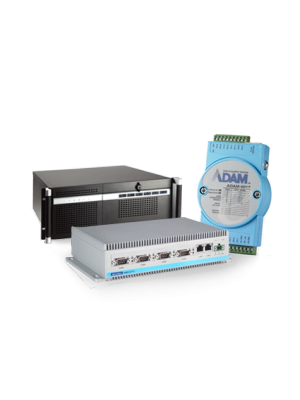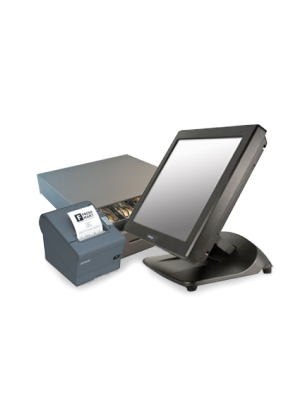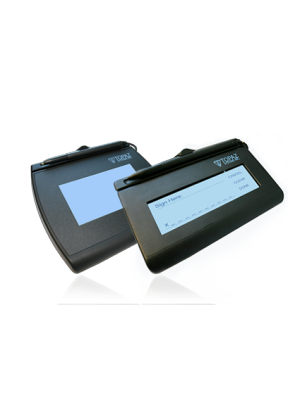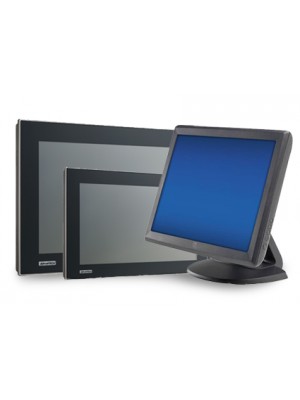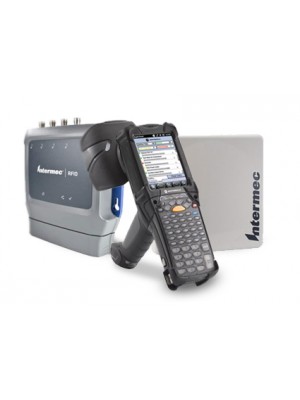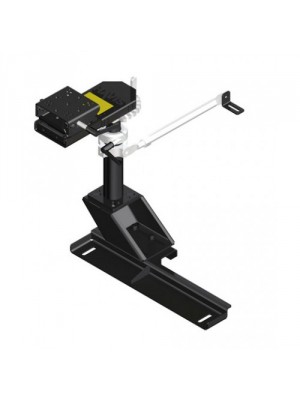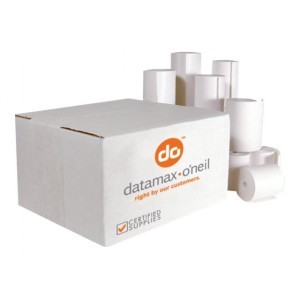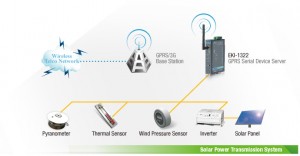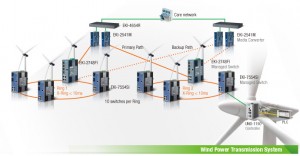
Whatever your position on the present and future scarcity of fossil fuels, the ecological and climatic effects of carbon emissions or the economic merits of renewable energy sources, most of us can agree that there is much to gain and little to lose in prudent conservation of fossil-fuel resources, and that, in turn, means relying on renewable energy sources whenever and wherever practical. Fortunately, making renewable energy practical is among the primary uses of Advantech’s industrial communications and intelligent-automation systems.
Whether harnessing solar, wind or water energy, or converting biomass into carbon-based fuels, the origin of each of these renewable options is ultimately the Sun. In fact, fossil fuels are their essence the fruits of solar energy deposited in the Earth for eons. While Earth’s nuclear-active core generates significant energy in its own right, even that dwarfs in practical effect when compared to the energy transferred from the Sun to the Earth.
A safe rule of thumb for solar energy received by the Earth is 100 watts of energy per square foot, or 438,000 watt-hours of per square foot per year. That’s a lot, but our efforts to harness that energy, through active or passive means, have historically been fairly inefficient.
For example, it was only 2012 in which a solar cell was tested at an efficiency of greater than one third with a new record of 33.5 percent. Given such relatively low efficiencies, it’s easy to see why gains accomplished through intelligent management of solar-energy systems, such as those pioneered by Advantech, are critical to the future practicality of renewable energy sources.
That 33.5-percent efficiency was measured under ideal conditions, with the solar cell squarely facing the sun. Panel efficiency drops dramatically as the angle in incidence of solar rays increases. As we all know from daily experience, the Sun does not stand still from our
Earthly perspectives, but appears to travel in an arc across the sky on a track that changes daily as Earth’s polar alignment changes relative to the Sun. Maximizing the efficiency of massive arrays of solar panels requires constantly changing their orientations to remain continuously square to the Sun, a task in which Advantech’s EKI-1322 GPRS Serial Device Server (coming soon!) can play a key role.
Industrial-scale solar arrays cover vast areas of land. The EKI-1322 is a perfect solution to wireless communication of data gathered by the widely dispersed sensors that measure such critical panel dynamics as thermal- and wind-loads, inverter performance, as well as panel alignment relative to the Sun, all of which data is essential to optimization of a solar array’s efficiencies. The EKI-1322 can also solve the problem of communicating the automated control commands that are the results of that data.
This is but one example or the roles Advantech’s intelligent-automation and industrial-communications technologies can play in wringing ever-greater practicality from renewable energy sources, whether solar, wind, water or biomass. More information is available here.


